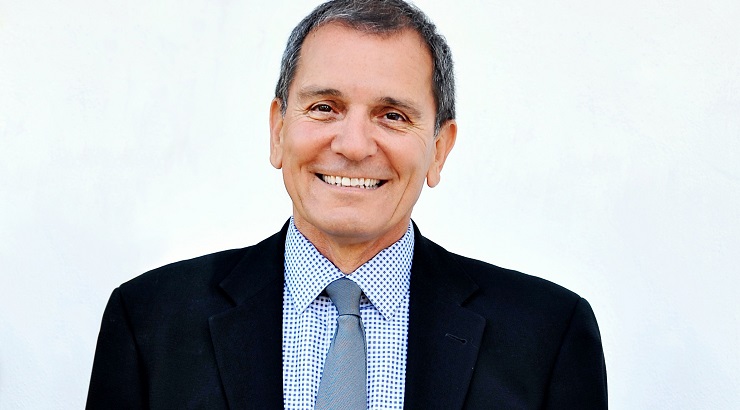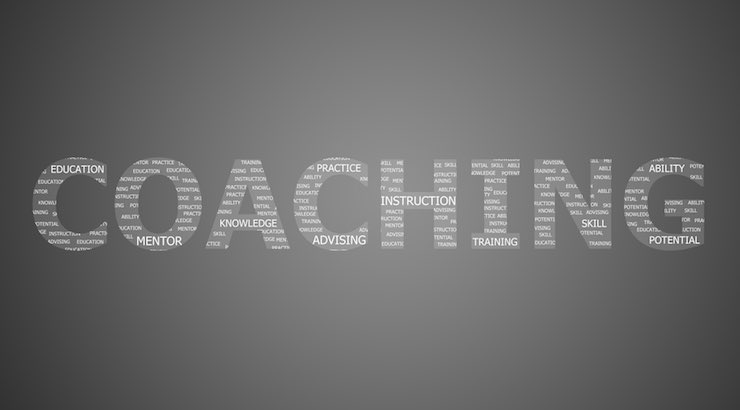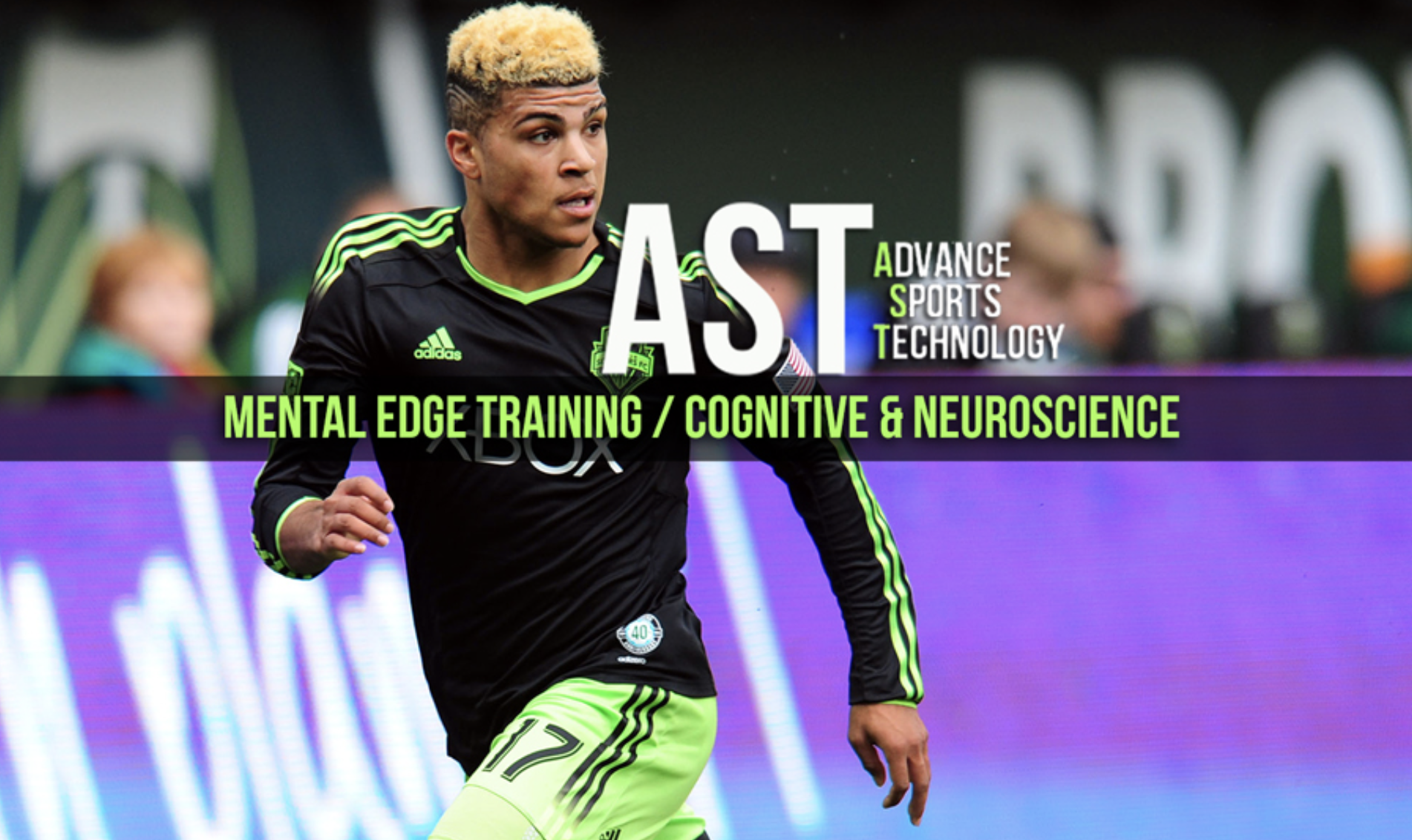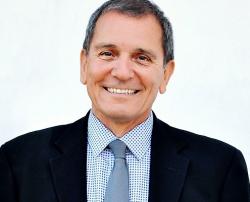Jim Madrid On What Type of Soccer Coach Are You?
Jim Madrid has worked with many companies including Mercedes Benz, Lexus, Boys & Girls Club of America, Nordstrom, Caterpillar, Paramount Studios, Boeing, Oakley, Red Robin Restaurants, and Seattle Sounders FC.
Madrid focuses on the power of positive leadership development, and player and employee engagement to maximize the performance of the team or company. Madrid is well known in the soccer world for his approach on “Mental Toughness – Achieving Athletic and Academic Success in a Competitive World”.
The founder and CEO of Advance Sports Technology, Inc. (AST), Madrid, has presented at the United Soccer Convention (formerly NSCAA Conventions) on leadership and his groundbreaking program (7 Fundamentals of Mental Toughness™) which he has shared with professional, collegiate and youth athletes around the world. Want to overcome limited performance? Madrid is highly acclaimed for helping athletes, teams and companies chart a new course to achieve superior results.

An exercise Madrid uses in coaches workshops is called Good Coach-Bad Coach. It goes something like this:
Take a moment and think of the worst coach you have ever had. Now think of one-word descriptions of the type of coach she/he was. Write them down, as many as you can.
Next, based on how you described your coach, write down as many one-word descriptions of how they made you feel.
Now, based on how they made you feel, write down words to describe what actions you were willing to take or not take based on how they made you feel.
Take a look at your lists. Pretty bad eh? Brings back those old feelings, doesn’t it?
Now take a moment and think of the best coach you have ever had. Now think of one-word descriptions of the type of coach she/he was. As many as you can. Next, based on how you described your coach, write down as many one-word descriptions of how they made you feel.
Now, based on how they made you feel, write down words to describe what actions you were willing to take or not take based on how they made you feel.
Look at both lists. Again they both bring up old feelings, some very bad, some very good.
Which one are you? How do you know? Which one do you want to be remembered as?
 Look at the lasting effect it had on you, no matter your age. How did an old teacher affect the way you learned in school? How did an old coach affect your attitude about your capabilities in your sport?
Look at the lasting effect it had on you, no matter your age. How did an old teacher affect the way you learned in school? How did an old coach affect your attitude about your capabilities in your sport?
Which coach do you want to be?
The effect we as coaches have on these young players lives is so impactful. It is long lasting.
Recently I met a coach that now lives in a retirement home. He is 89 years old. I asked him what is the most important aspect of coaching. He said with a smile ‘belief.’ Belief in himself that he was a coach that would mentor his players. I asked him what he meant by being a mentor. He replied,
“A great coach understands their role, that we are there to bring out the best in our players.”
“I saw more in my players then they saw in themselves. It was my job to help them realize that and not just on the field.”
A few years ago I was helping Coach Pete Carroll, Head Coach for the Seattle Seahawks on his “Win Forever” program. I asked him what his number one goal was as the leader of the team. He replied, “Belief.”
 Let’s not confuse belief with ego. Every coach needs ego. But not egocentric. Which means ‘thinking only of oneself, without regard for the feelings or desires of others; self-centered.
Let’s not confuse belief with ego. Every coach needs ego. But not egocentric. Which means ‘thinking only of oneself, without regard for the feelings or desires of others; self-centered.
How will you be remembered by your players? What impact will you have on your players? Are you the best coach?
Will your players remember you as the best coach?
Will you take the list of your best coach descriptions and apply them to your coaching style?
I like the Boys and Girls Club’s motto; “Great Futures Start Here.”
Be bold, coach up!






